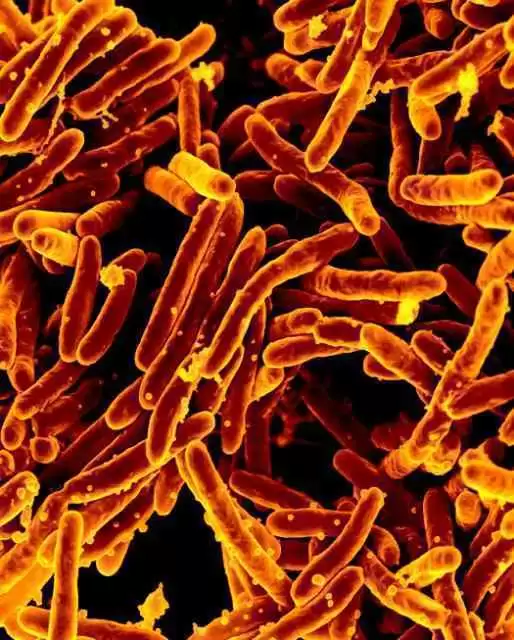
Celiac.com 12/28/2018 - Beyond a few teaser studies, we don’t know enough about whether the individual micro-biome might play a role in the development of celiac disease and inflammatory bowel disease.
Top celiac researcher Alessio Fasano, together with colleague G. Serena, recently presented an overview of current knowledge regarding the contribution of the individual micro-biome to celiac disease and inflammatory bowel disease. Their discussion includes a particular focus on how probiotics may be used as potential preventive therapy for CIDs.
Celiac.com Sponsor (A12):
They are both affiliated with the Mucosal Immunology and Biology Research Center and Division of Pediatric Gastroenterology and Nutrition, Massachusetts General Hospital for Children - Harvard Medical School, Boston, MA, USA.
As part of their presentation, they write that, globally, cases of chronic inflammatory diseases (CIDs) are undergoing a steep rise. This rise, together with limited effective strategies for slowing these disease explosions demands deeper knowledge of their physical mechanisms in order to reduce the adverse effects of the diseases on children.
Several cross-sectional studies have shown a connection between intestinal microbial imbalance and active disease. Unfortunately, they note, these studies do not demonstrate any connection between changes in microflora as a factor in disease development, and so do not suggest any promising directions to explore for possible treatments.
Fasano and Serena say that additional studies are needed to show conclusively whether intestinal dysbiosis plays a part in triggering CIDs. Furthermore, given the complexity of the microflora interaction with the host, it is necessary to design a systems-level model of interactions between the host and the development of disease by integrating micro-biome, metagenomics, metatranscriptomics, and metabolomics with either clinical or environmental data.
In their overview, Fasano and Serena discuss the current knowledge regarding the contribution of the individual microbiome to celiac disease and inflammatory bowel disease. Their discussion includes a particular focus on how probiotics may be used as potential preventive therapy for CIDs.
The article includes a paywall, but you may find it at:
Adv Exp Med Biol. 2018 Dec 20. doi: 10.1007/5584_2018_317








Recommended Comments
Create an account or sign in to comment
You need to be a member in order to leave a comment
Create an account
Sign up for a new account in our community. It's easy!
Register a new accountSign in
Already have an account? Sign in here.
Sign In Now